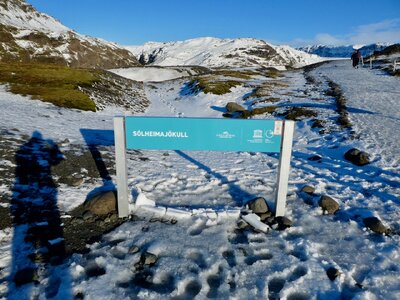We all strive to be clean and indeed most support the concept with out complaint. But when the tail wags the dog and we lose sense of reality and start heading for a car crash perhaps it’s time for a reappraisal.
Stanford University recently looked into the costs of burying CO2.
Can we afford this cost and how can most of us afford to pay for it?
I recall during Lockdown we were told there was a world shortage of CO2 causing severe shortages in the food chain. 🙀
With this system, Benson and Deutch estimate it would cost the government about $25 per ton of carbon dioxide captured. If 30 projects earned that amount for a decade apiece, the program would trap 264 million tons of CO2, and government spending on the experiment would total $6.6 billion.
As OC has suggested, the problem is the unnecessary release of CO2, rather than the capture and securing of it.
Before the dawn of the industrial revolution, most repetitive industrial site were mills, and traditionally they had without realising it been utilising "green" technology by harnessing the power of gravity working on water in water mills or windmills. These were net zero enterprises.
We had an eco system that was essentially balanced. CO2 released was derived from annually grown vegetation which would be re absorbed as part of the natural growing processes over the next year or two.
Only when natural resources could not meet the demands for mechanical energy, such as using animals (or humans) on tread mills, this is when we began to tip the scales, and produce net carbon emissions. Some of this excess CO2 would be captured by the more verdant vegetation that was grow in the manure from these animals, but not quite all.
The ecosystem had enough flexibility to accommodate the extra CO2 our activities generated. But importantly the degree of C2 flexibility had started to be used up.
As the industrial revolution ramped up so did the need for more energy for either mechanical work or heating. This caused coal to become very popular, but its popularity also ramped up up CO2 emissions which were derived from fossilised sources, which only added to the amount CO2 in the normal environment. These excess amounts are the ones that have caused CO2 levels to rise, and accelerate its effects on the environment.
As the 18th century passed, not only were we using vast amounts of coal, but also the petrochemical industry also developed and exploited energy rich sources to meet demands for energy, but unwittingly at the time they hadn't understood the effect of ramping up fossil fuel burning and its effects on the eco system, and the systems flexibility for dealing a natural blimps such as volcano and tsunamis etc, has been used up and now in the 21st century virtually all fossil fuel burning is directly impairing the natures ability to deal with the CO2 and other pollutants humans are pumping into the environment.
We have become so dependant on easy energy, that there is massive inertia towards changing our dependency and moving back to renewables to reduce the pressure cooker effect on the environment.
It is far easier to prevent the release of excess CO2 and other pollutants by reducing our use of these precious and depleted resources by not using them and finding renewable alternatives, than it is to try to collect the waste matter after its been burnt.
I believe it is estimated that 70% or more of all energy used is for space heating. By using better insulation in buildings we could reduce this vast amount of energy from being wasted.
Most transport burns fossil fuels to produce tractive force. Unfortunately there is no process that burns fuel to produce tractive force that is better than 50% efficient, and typically most diesels can only achieve 35% and petrol about 30% meaning we are wasting about 65 to 705 of all the fossil fuel we use in vehicles.
It surely makes both environmental and cost sense to stop burning fossil fuels and to move to renewables where possible.
There is a cost to setting up renewables, but its a fraction of the lifetime costs of exploiting fossil fuels, and then there is the benefit to the eco system.



